Think Before You Post: How Social Media Can Hurt Your Accident Claim
When you’ve been in a car accident, it’s natural to want to share what happened. Posting a quick update or a recovery photo on social media might feel harmless—or even comforting. But what many people don’t realize is that these posts can work against them if they decide to file a personal injury claim.
Below, we’ll explain why posting after an accident is risky, what kinds of content can hurt your case, and the best steps to protect yourself online.
Why Posting on Social Media Can Be Risky
Insurance companies and defense lawyers often look at claimants’ social media profiles. Even an innocent post can be taken out of context to suggest that your injuries aren’t serious.
For example:
Writing “I’m okay” in a status update might be used to downplay your pain or recovery challenges.
When you post something like “I’m okay” after an accident, it might feel like a harmless way to reassure friends and family. But in a legal case, that phrase can be used against you. Insurance adjusters or defense attorneys may argue that your own words show you weren’t seriously injured, even if you were in pain or receiving treatment. It can also create inconsistencies if your medical records describe ongoing symptoms while your public statements suggest otherwise, which can harm your credibility. Because personal injury claims often depend on demonstrating the true extent of your injuries and recovery challenges, even casual or optimistic posts can be twisted to suggest you are exaggerating your condition, potentially lowering the value of your claim or weakening your case in court.
A picture of you at a family barbecue—even if you were sitting most of the time—could be used to argue you’re more active than you claim.
A simple photo from a family barbecue—even if you spent most of the time sitting down—can be misleading in a personal injury case. Insurance companies or opposing attorneys may present that image as proof you are more physically active than your injuries suggest. They might argue that if you were able to attend a social event, smile for pictures, or be outdoors with others, then your pain or limitations aren’t as severe as you claim. Context rarely matters in these situations; no one sees the hours you rested afterward or the discomfort you felt during the event. Instead, the snapshot becomes a piece of evidence used to cast doubt on your credibility and reduce the value of your claim.
In short: anything you post can become evidence.
How Social Media Can Damage Your Credibility
Even if your social media account is set to "private," it doesn't guarantee protection when legal proceedings begin. Here’s why:
Legal Expectation of Privacy is Limited
Courts often rule that private social media content may be discoverable if it’s relevant to a claim. In Forman v. Henkin, a New York Court of Appeals found that private Facebook posts were not off-limits. The plaintiff’s private content was grouped with other potentially relevant material that the defense could request through discovery.
In another case, the plaintiff, who was struck by a postal truck while riding his bicycle, argued that his injuries prevented him from working and building his career, and he sought $2.5 million in damages. However, the court reviewed his social media activity and determined that, although he had been injured, he was overstating the severity of his pain and limitations.
Deleting Posts Can Backfire: The Dangers of Spoliation
Removing or altering posts during litigation—or when litigation is foreseeable—can be perceived as an attempt to destroy relevant evidence. Courts take this very seriously:
Deleting social media content may be seen as tampering with evidence. It can result in sanctions or an adverse inference—meaning a jury might assume the deleted material would’ve been unfavorable to your side.
Once litigation is anticipated, you’re legally required to preserve evidence, including social media content. Courts treat deletion after this point as spoliation.There has been many cases that “deleting a Facebook photo or deleting a damaging comment after a complaint is filed counts as spoliation,” and defendants can face sanctions or penalties.
What Kind of Posts Are Especially Dangerous?
Some types of content are riskier than others:
- Photos or videos of physical activity (travel, working out, social events).
- Check-ins and geotags that show you moving around more than your injury allows.
- Posts by friends or family tagging you in activities.
- Comments downplaying your pain, like “Glad to see you’re doing better!”
Even casual interactions can paint a misleading picture of your recovery.
Best Practices to Protect Your Claim
If you’re pursuing a personal injury case, the safest approach is to avoid social media altogether until it’s resolved. If that’s not possible, follow these steps:
- Don’t post about the accident, injuries, or recovery.
- Limit or pause social media use during your claim.
- Adjust privacy settings, but remember they aren’t foolproof.
- Ask friends and family not to post about you or tag you.
- Never delete past posts without consulting your attorney.
- Always check with your lawyer before posting anything that could relate to your case.
Quick Tips at a Glance
- Stay offline if you can.
- Don’t post accident updates, photos, or videos.
- Decline friend requests from people you don’t know.
- Ask loved ones not to tag or mention you online.
- Keep everything transparent with your attorney.
Why This Matters in Simple Terms
| Situation | What Happens |
| Private account | Still discoverable if relevant to the case |
| Deleting posts | May backfire; viewed as hiding evidence (spoliation) |
| Posts contradicting testimony | Can be used to discredit your claims |
| Legal consequences | Sanctions, financial penalties, or adverse jury instructions, unfavorable settlement |
The Role of Insurance Investigators
Many people assume their social media posts would only be seen by friends and family. In reality, insurance companies and defense attorneys often have dedicated staff and investigators whose job is to monitor claimants’ online activity. They aren’t stumbling across your posts by chance—they are actively searching for any content that might reduce the value of your claim.
Investigators will review public posts, tagged photos, location check-ins, and even likes or comments from friends. If your profile is set to private, they may request access to it during the legal discovery process, and courts frequently allow this if the content is relevant. The goal is to find inconsistencies—for example, a claimant saying they can’t walk without pain but appearing in a photo at a hiking trail.
💡 The key takeaway: insurance companies are watching, and they’re looking for evidence to weaken your case. Even seemingly harmless posts can become powerful tools for the defense.
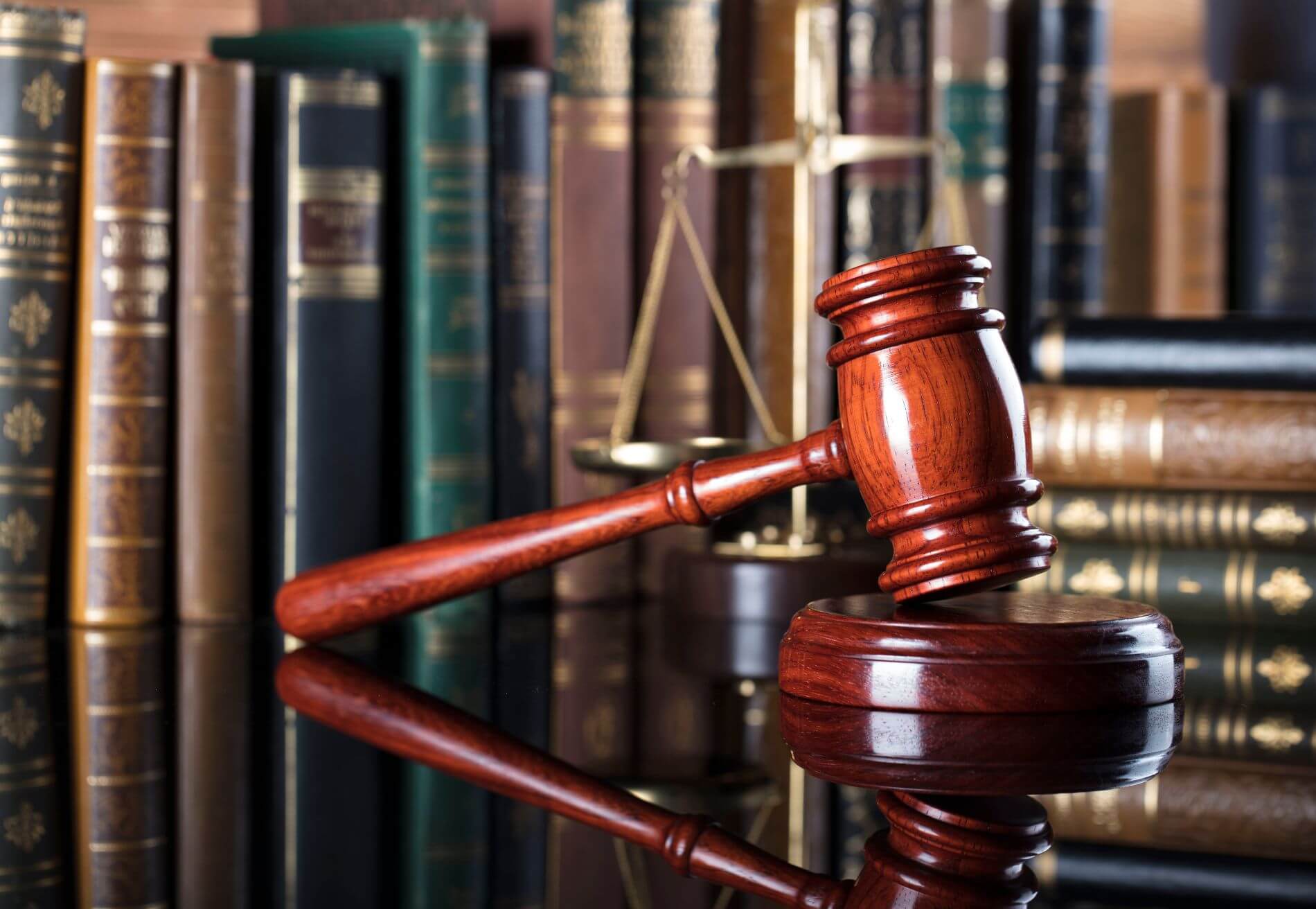
How Personal Injury Cases Protect the Community
When most people think of personal injury cases, they picture an individual seeking compensation for medical bills, lost wages, or pain and suffering. read more
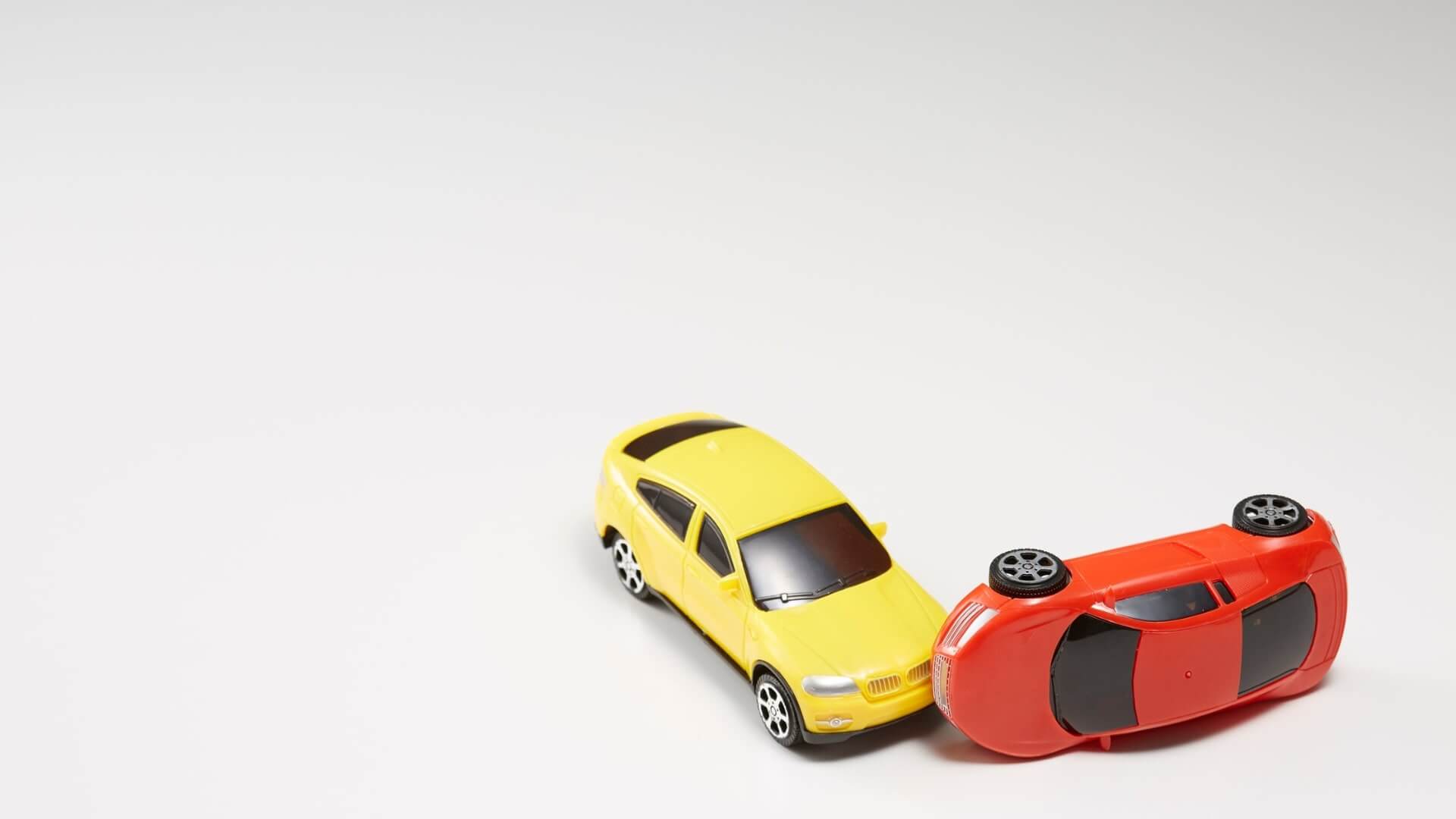
What Happens If You're Partially At Fault in an Accident
After an accident, one of the first worries people often have is: “What if I was partly to blame? Does that mean I can’t recover anything?” read more

Why Shiganian Law is the Top Personal Injury Firm in Sherman Oaks and Encino
Shiganian Law delivers expert personal injury representation with a proven track record. Led by Isabel Shiganian, we offer personalized service, direct communication, and results-driven advocacy. No fee unless we win. read more

Hidden Injuries That Can Arise After a Car Accident — and What to Do Next
Learn about hidden injuries that can arise after a car accident. Comprehensive guide covering injury types, injury settlements, and steps to take after an accident. read more

How Dashcam Footage Can Completely Change Your Car Accident Claim
Discover how dashcam footage can transform car accident claims by providing clear evidence, resolving disputes, preventing fraud, and expediting insurance settlements. read more

Bitten But Blamed? How Insurance Companies Shift Fault in Dog Bite Claims
Discover how insurance companies shift blame in dog bite claims, the legal protections for victims in California, and steps to defend against unfair accusations. read more

What Is Considered a Catastrophic Injury in Personal Injury Law?
Understand catastrophic injuries in personal injury law - definitions, impacts, causes, and why specialized legal help is crucial for securing proper compensation. read more
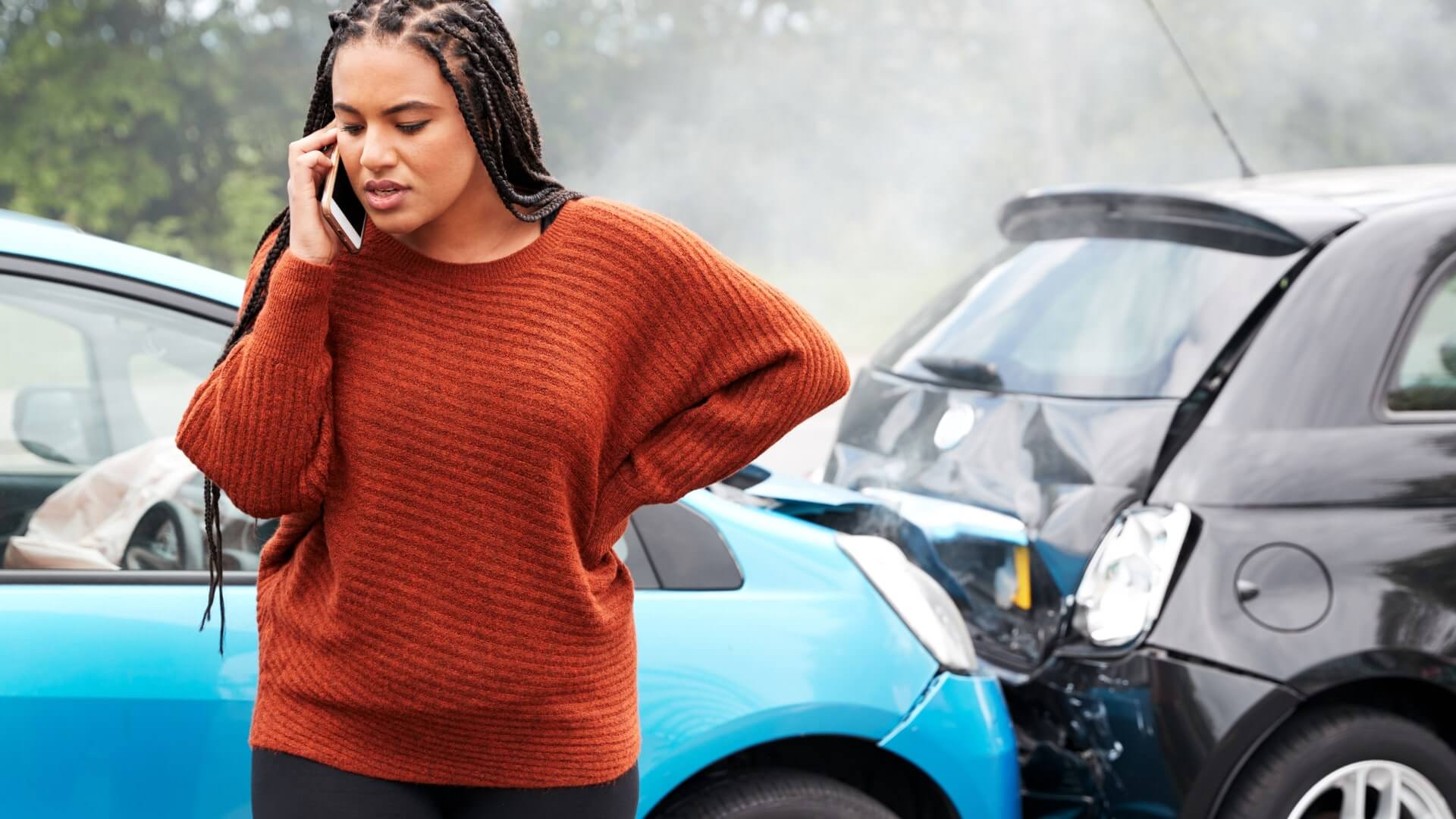
The Biggest Mistakes People Make After an Accident Causing Personal Injury
Discover the critical mistakes people make after injuries that can damage their compensation claims and learn how to avoid these costly errors. read more

Financial Struggles After Accidents: Recovery & Legal Options
Explore the financial impact of injuries, from medical debt to lost wages. Learn legal options, coping strategies, and support for recovery stability. read more

Emotional Trauma After an Accident: Understanding Your Rights and Recovery
Discover how emotional trauma after accidents affects mental health and daily life. Learn about your legal rights and the recovery journey to healing and compensation. read more

Motorcycle Accidents: Types of Injuries, Settlements, and Your Rights
Learn about motorcycle accident causes, safety tips, and legal rights. Comprehensive guide covering injury types, injury settlements, and steps to take after an accident. read more
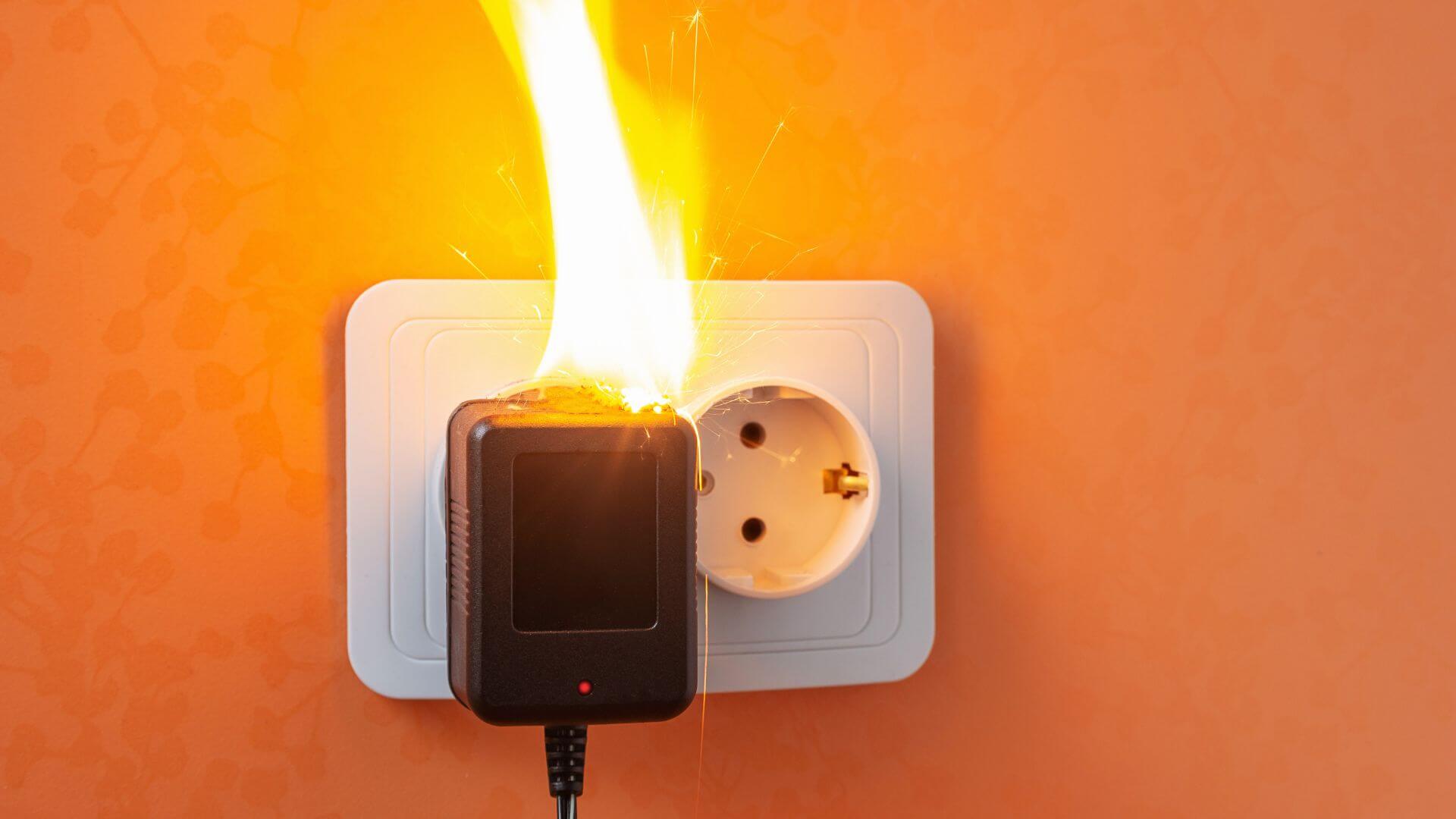
Product Liability in California: Protecting Consumer Rights
Learn about California product liability law, including types of defects, liable parties, and compensation available for injuries caused by defective products. read more
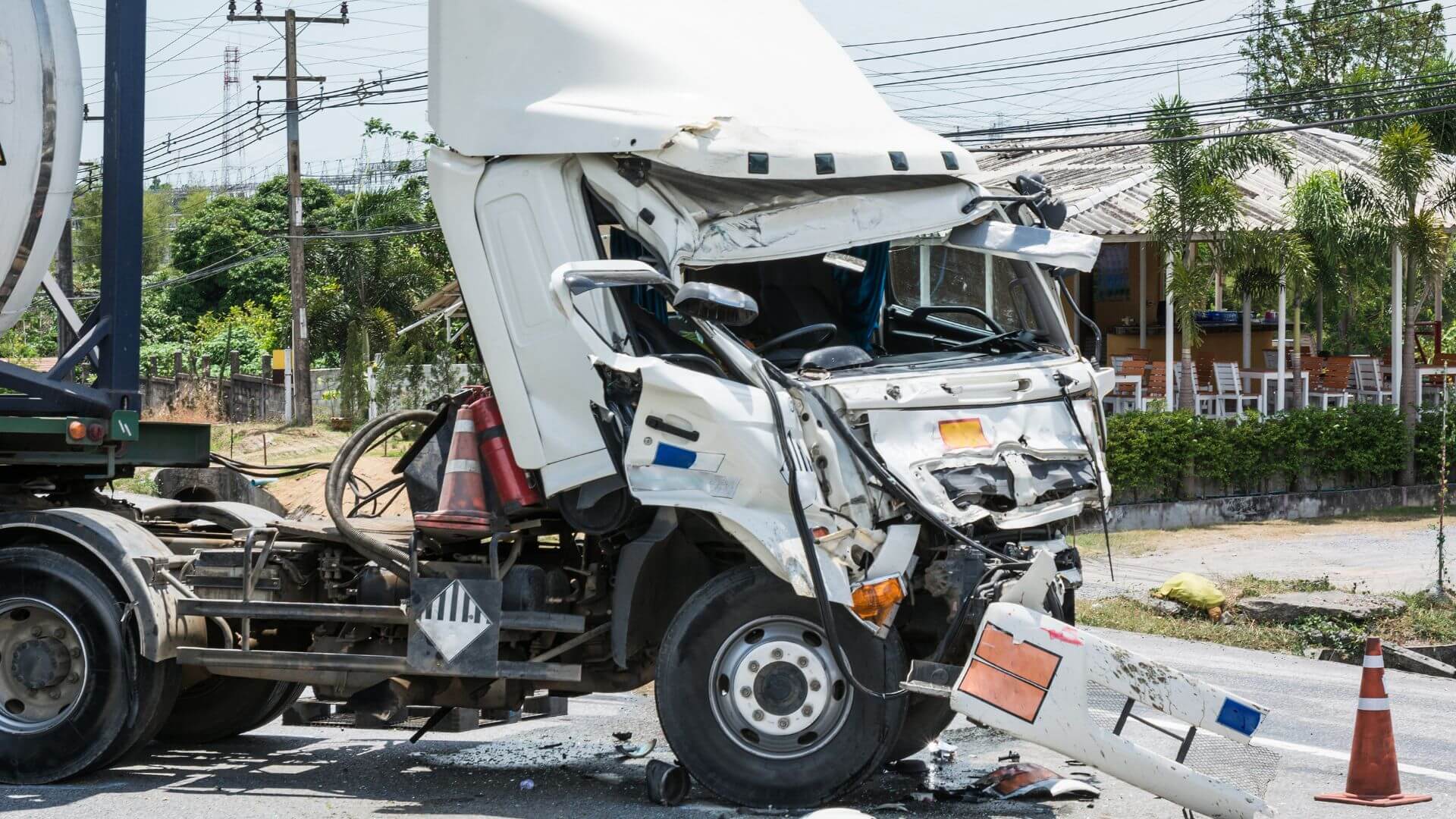
What Does a California Truck Accident Lawyer Do?
Learn how an experienced California truck accident lawyer can help maximize your compensation through expert investigation, evidence preservation, and strategic negotiation. read more
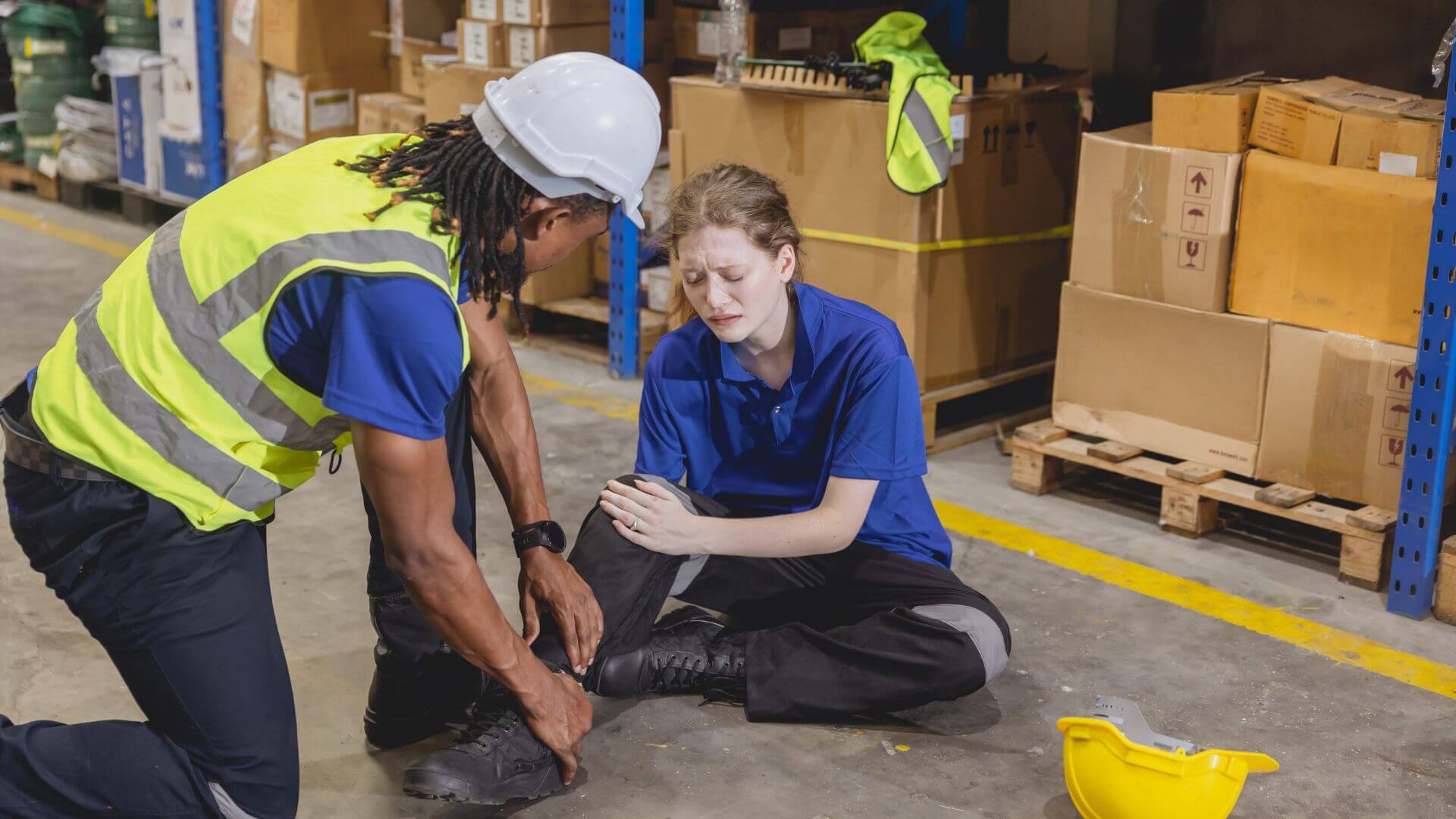
What is Premises Liability Law: Responsibility, Examples, and Common Types
Imagine walking through a quiet shopping center, enjoying a peaceful afternoon, when suddenly a wild Canadian goose darts out, knocking you over and fracturing your hip. It may sound far-fetched... read more
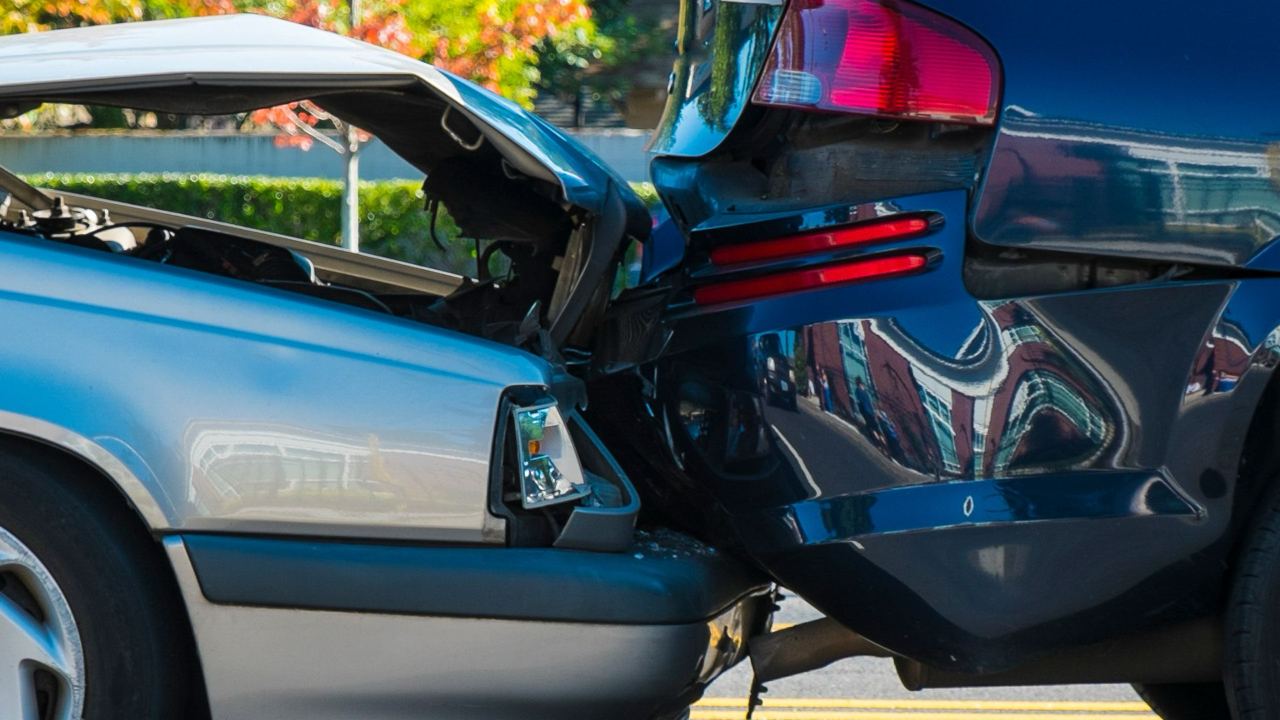
What to Do if You’ve Been in a California Car Accident?
If you’ve been in a car accident, you might be overwhelmed with the experience and what to do next. Your priority is your safety and health, and if you have been injured, getting the support you need to recover. read more

How long does it take to settle a pedestrian accident in California
When estimating the duration of a pedestrian accident settlement, it's important to consider all the factors that can influence the process. read more

California Prop 213 and Its Impact on Car Accidents
Proposition 213 was created in 1996, as a way to encourage motorists to get and maintain insurance. read more

How Much to Expect from a Car Accident Settlement in California
Car accidents are unfortunate events that can result in significant physical injuries and extensive medical treatment. read more
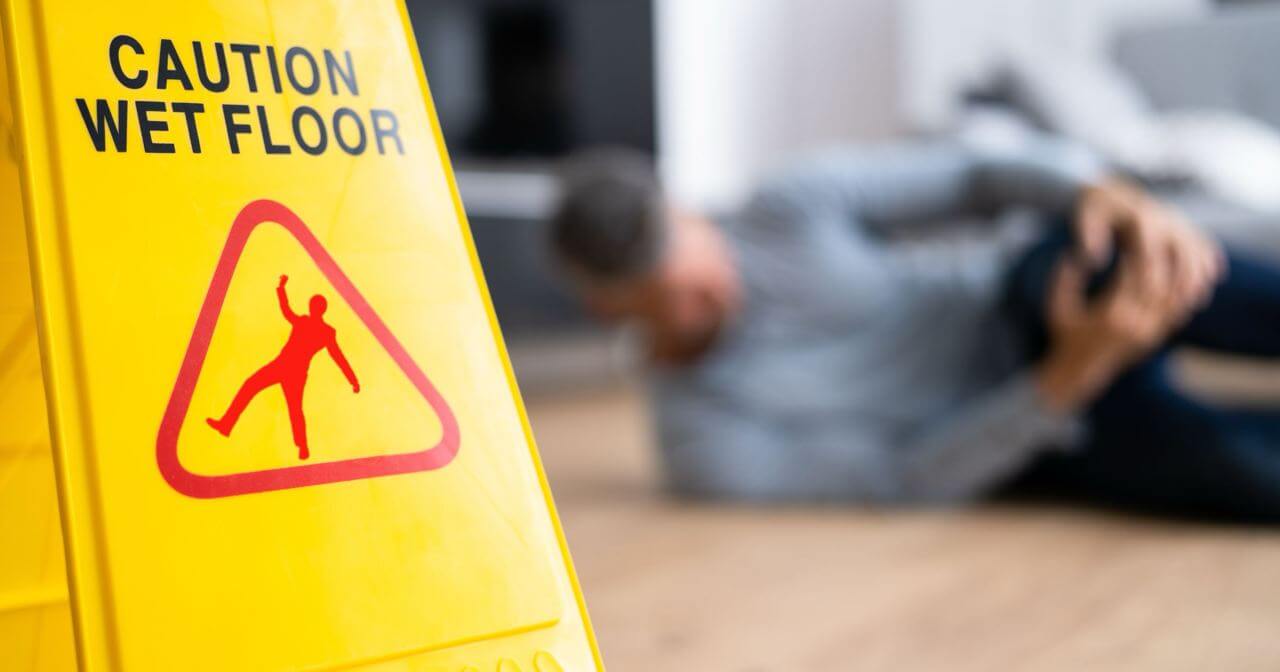
What to Do After a Slip-and-Fall Accident
This guide, while not a substitute for legal or medical advice, can help you figure out what to do in the short- and long-term after you’ve had an accident. read more